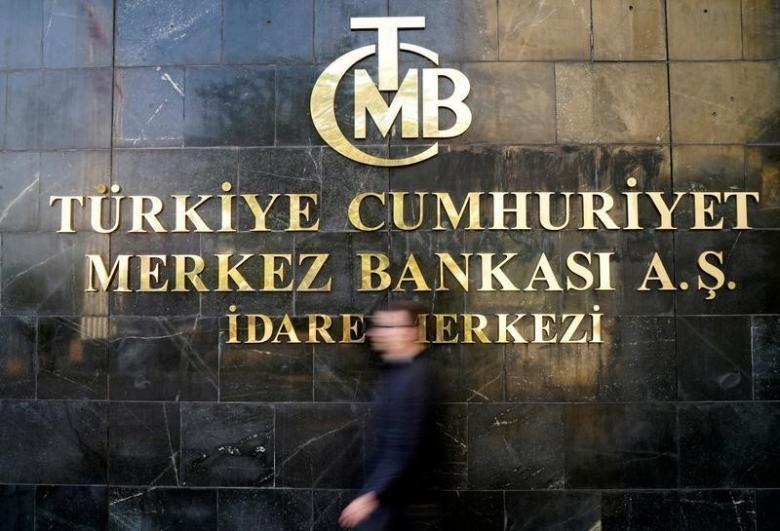
Turkey’s Central Bank will maintain its tight monetary policy until the inflation outlook has shown a significant improvement, its chief stated on Oct. 12
“A tight policy stance will be maintained decisively to ensure the alignment of the inflation outlook with targets,” Governor Murat Çetinkaya said in a presentation to investors at the International Monetary Fund and World Bank Meetings in Washington, according to a statement on the Bank’s website.
Factors affecting inflation will be closely monitored and there will be further monetary tightening if needed, Çetinkaya said, state-run Anadolu Agency reported.
The Bank kept rates steady for the third straight meeting on Sept.14.
Turkey’s consumer prices went up by 11.2 percent in September compared with the same month last year, the Turkish Statistical Institute (TÜİK) announced on Oct. 3.
The country’s core inflation, which excludes energy, food and other volatile prices, rose to 10.98 percent year-on-year in September, the highest level since February 2004, according to TÜİK data.
Since the beginning of this year, the annual inflation saw the lowest level in January - 9.22 percent - and hit the highest level at 11.87 percent in April.
According to the medium-term program announced by the government on Sept. 27, the administration aims to reach 5 percent inflation in 2020, down from 8.5 percent in 2016. The program predicts inflation to be at 9.5 percent by the end of 2017.
Speaking in Washington, Çetinkaya said inflation is expected to decelerate starting from the end of the year.
“Elevated levels of inflation and inflation expectations pose upside risks on the pricing behavior. The pass-through impact from cost factors has been one of the main drivers of inflation in 2017,” the governor added.
Çetinkaya also said leading indicators suggested strong growth in the third quarter of the year.
“Net exports have contributed positively during the first half of the year and consumption demand supports economic growth. The ongoing recovery in tourism will also support economic growth and external balances,” he added.
Turkey’s economy grew 5.2 percent in the first quarter of this year and 5.1 percent in the second, compared with the same periods last year, according to TÜİK data.
On Oct. 11, IMF upgraded its 2017 growth forecast for Turkey to 5.1 percent in 2017, up 2.6 percentage points over a previous forecast of 2.5 percent.